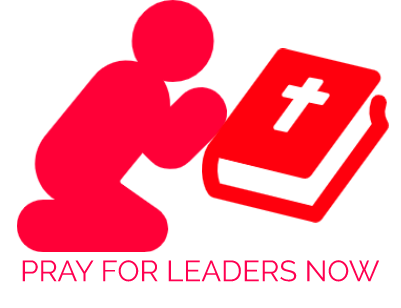By
Of the 50,000 Iranians questioned by Netherlands-based research company GAMAAN (Group for Analyzing and Measuring Attitudes in Iran), 1.5 percent identify as Christians. When extrapolated, that indicates 1 million “secret” Christians could exist within Iran’s population of 80 million.
Shift Could Threaten Islamic Regime
Iran’s Islamic regime, in place for four decades, claims that 95 percent of citizens are Shia Muslim. Yet in the new survey, just 32 percent of respondents claim that identity. Almost half (46 percent) say they’ve switched from being religious to having no religion, and 42 percent say they oppose public propagation of any faith.
Iran’s leaders had staunchly denied reports that up to 1 million Iranians were quietly practicing Christianity, but they’re beginning to acknowledge the change. In May 2019, the minister of intelligence admitted that conversions away from Islam were “happening right before our eyes.”
Iran’s Latest ‘revolution’
The survey results don’t surprise the Rev. Dr. Sasan Tavassoli, an Iranian who converted to Christianity and now works in missions. “For quite some time I have felt that this is where we are in the growth of the church in Iran,” he says. “To say a spiritual revolution is happening in Iran is quite an understatement. This is a total failure of the regime’s attempt at indoctrination of the generation since the Islamic Revolution.”
Tavassoli tells articleeighteen.com: “Iran might soon become the France of the Middle East, as there are also signs of growing opposition to public manifestations of religion, whether it’s hijab, or legislation, or even evangelization.”
Secularization and pluralization are widely evident in Iran, according to the survey. Other findings reveal that of the 61 percent of Iranians born into religious families, only one percent say daily prayers. Seventy-one percent of respondents say religious institutions should be self-funded, 73 percent oppose mandatory hijabs, and 37 percent regularly or occasionally drink alcohol, which is banned in Iran.
Almost eight percent of survey participants say they identify with Zoroastrism, the ancient Persian religion, indicating a general rise in nationalism.


